

Jean Overton Fuller
1915 – 2009
W R I T E R -
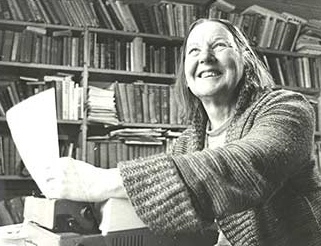
Jean Overton Fuller
Writer whose books exposed serious failings in SOE
Roderick Bailey
The Guardian, Monday 18 May 2009
O B I T U A R Y
“Of one thing I am sure, where there is real affection there can never be any separation, neither by distance nor even by death itself. For the links of love are eternal.”
Jean Overton Fuller
Portrait of a teenage Jean
by her mother,
Violet Overton Fuller
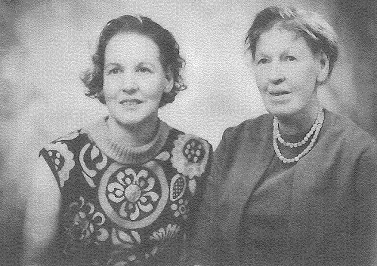
With her mother, Violet Overton Fuller
Fuller's books were controversial but she was determined in her research. With few
public documents on which to draw, she interviewed SOE agents and staff at length,
and traced and spoke to former German interrogators. She came to know -
In 1949 Jean Overton Fuller, who has died aged 94, read in the press of the posthumous
award of the George Cross to Noor Inayat Khan, a female agent of Britain's Special
Operations Executive (SOE), the wartime organisation tasked with encouraging resistance
in enemy-
In The Starr Affair (1954), an apologia for the actions of a captured SOE agent who helped the Germans while a prisoner in Paris, she revealed that the Germans had played back captured British wireless sets and that the SOE had sent several agents straight into German hands. Double Webs (1958) made public the fact that one of the SOE's own officers, Henri Déricourt, had worked at the same time for the Germans. Responsible for choosing and organising secret SOE airstrips in northern France, he had passed to his enemy contacts copies of messages being taken to London and allowed newly arrived agents to be tailed.
Noor Inayat Khan
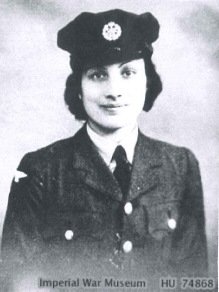
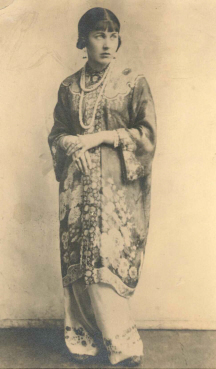
As an actress
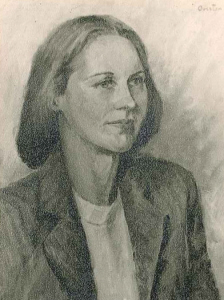
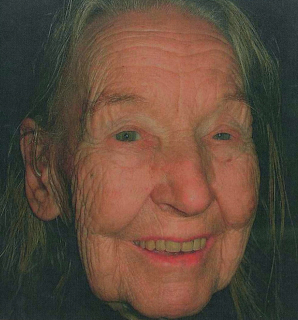
Among her most notable books were biographies of leading figures in the fields of
theosophy and the occult. A biography of the poet Victor Neuberg, an associate of
the mystic and hedonist Aleister Crowley whom she had known in the late 1930s, appeared
in 1965. Studies followed of the founder of the Theosophy doctrine, Madame Blavatsky,
of the spiritualist and philosophical writer Jiddu Krishnamurti and of the Comte
de Saint-
She also penned well-
Overton Fuller was brought up by her mother and grandfather, her father having died in the first world war. After school she flirted with an acting career and studied English at the University of London. Throughout most of the second world war she worked in London as an examiner in postal censorship.
Afterwards she devoted her energies mostly to writing, maintaining her interest in the SOE's French activities but publishing too on a colourful range of other subjects, from spiritualism and literary criticism to cats and Jack the Ripper.
Fuller developed these themes in The German Penetration of SOE (1975) and Déricourt: The Chequered Spy (1989).
Sickert and the Ripper Crimes (1990), her contribution to the literature on Jack the Ripper, claimed that Walter Sickert, the painter, was the guilty man. Her final book, Driven to It, published in 2007, was a lively autobiography.
Jean Violet Overton Fuller, author and theosophist, born 7 March 1915; died 8 April 2009